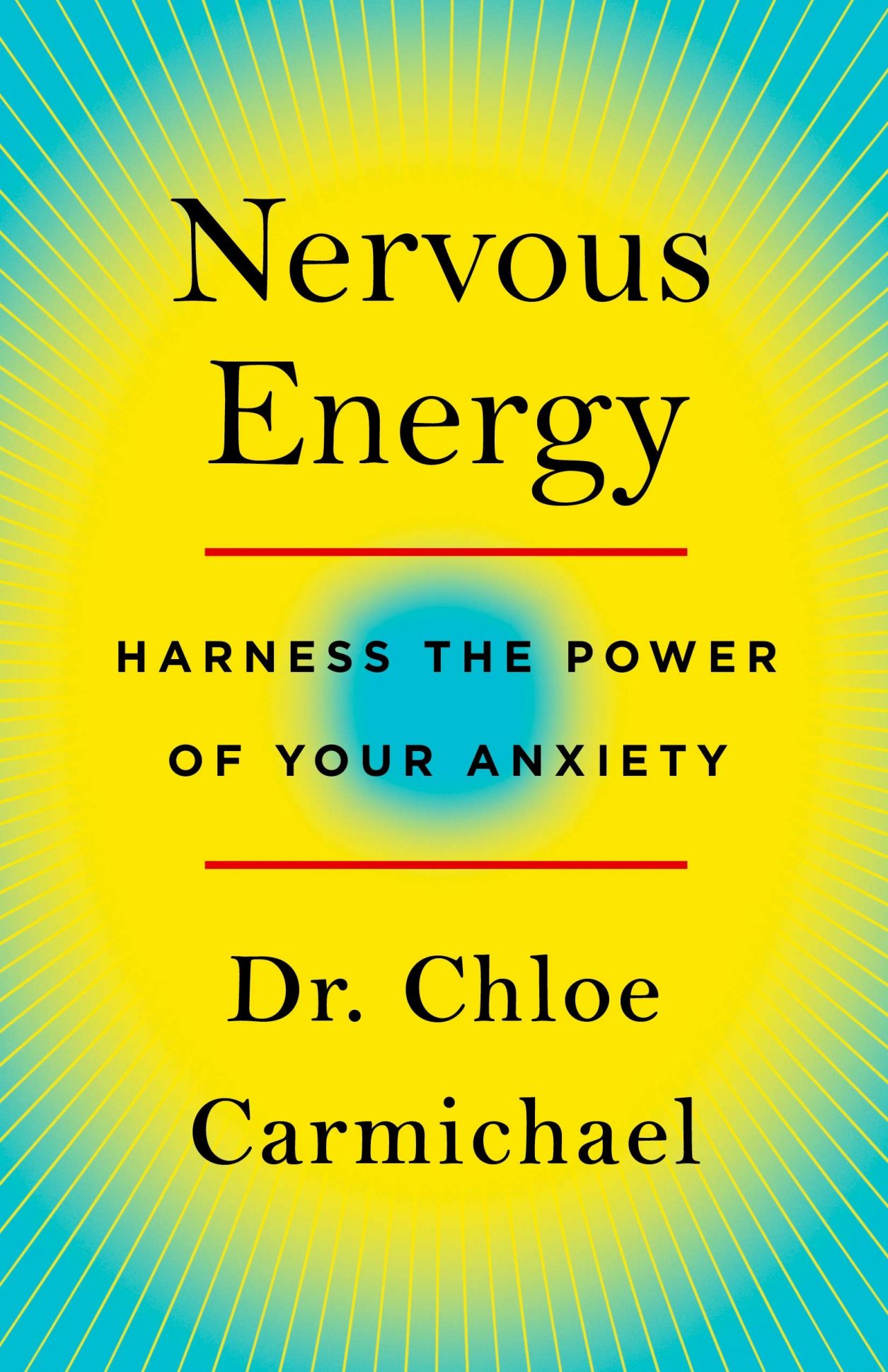As a therapist in New York City, I have seen my share of clients with covetable traits, such as compassion, emotional intelligence, and self-motivation. I’ve also seen many with, let’s say, unfavorable ones, like self-deprecation and narcissism.
But I’ve also seen many, clients, both men and women, who confuse the two. Oftentimes, highly functioning people— those who have big goals and will stop at nothing to reach them—have traits that are actually quite helpful and desirable but label them as bad or problematic.
There are seemingly negative traits of a super-active brain that are truly spectacular—and you can use them to find success! Here are just a few:
• Obsessiveness
If you’ve ever been scolded by someone for touching a stack of papers in their office, or for opening a soda in their car, or for not unloading the dishwasher the right way, you’ve probably developed a really bad association with this trait. But obsessiveness isn’t just about a need for things to look just right all the time— it comes from a desire to control one’s environment to set them up for max success.
Let’s say you’re a man who always chooses the restaurant and the time you’ll meet your date, calling the place twice to confirm the reservation. You can’t help but spend hours looking at menus, overthinking how much time you’ll need to get ready, and worrying about showing up to the restaurant and they don’t have your table ready. You hate that you can’t just relax—the pressure you add to an already nerve-inducing situation is just too much.
It’s time to flip the script on your obsessive tendencies. Your actions come from a good place: You just want to manage the factors that are within your control in order to set you, and your date, up for the best experience possible. By planning every last detail, you’re doing whatever you can to show up less nervous and more confident for this potential partner. How sweet of you to care! Your detail-oriented nature also takes pressure off of your date to have to plan everything, which is a desirable quality.
When you notice the good intentions behind your obsessiveness, you can honor them for what they are and feel better about having them. This is a technique I call Thought Replacement, and it can help you prevent a self-bashing spiral so you can show up as your best self and actually enjoy your date (or whatever event you’re obsessing over).
• Perfectionism
The word perfectionist probably reminds you of a straight-A student who would ask the teacher a million questions about an assignment. Perhaps you were that student—the type who over-prepared for exams, triple-checked their homework, and stressed about managing their load with other activities. Like obsessiveness, perfectionism has positive intentions: to be the best version of yourself and do the best work possible. But because most people who are perfectionists tend to be perfectionists about everything in their life— the way they dress, the way they cook, even the way they work out—their perfectionism can come off as a type of neuroses.
The thing is, perfectionism is actually one of the top traits for success. When you can rein it in to a manageable level, that extra consideration can help you avoid making silly mistakes and find true pride in the exceptional quality of your efforts when they pay off (at work, in the kitchen, with your exercise routine, and beyond). If you struggle with reining in perfectionist tendencies (which many of us do!), especially when it comes to decision-making, I recommend making a to-do list focused on the things that actually matter in the moment, as well as connecting with your breath and slowing it down to bring you back to the present.
• Overanalyzing
Perhaps you’ve discovered that you seem to look for issues with pretty much anything: the cool Airbnb you rented for your family, the first-of-its-kind project your boss threw you at work, the furniture you’re about to buy for your new house. It’s not a feeling that you are or know better than anyone else, as you probably find “issues” with yourself too. It’s just that you have this cognitive overdrive to scrutinize everything and make sure it’s “good enough”—and in your experience, you’ve found that most things are not. You also might find yourself overthinking conversations or situations to the point that you can’t even keep track of what actually happened and what your head has made of it.
People close to you say you’re a worrywart, high-maintenance, and fussy…and in a way, you are. But that’s looking at the negative side of your scrutinizing nature, which is really just a desire to prevent bad things from happening—be it a business loss, an injury, or a rejection. Your over-analytical brain is actually doing exactly what we are evolutionary wired to do: survive. And you not only want to survive, you want to thrive. That drive to thrive is a key ingredient in reaching success in your endeavors and pushing past your potential. You just have to see it that way.
When you can’t—when you feel overwhelmed by your whirlwind brain and feel down on yourself for it—taking deep, intentional breaths can help you climb out of the mental rabbit hole. For a more long-term plan, giving yourself what I call “worry time,” a dedicated period of time when you can let yourself think about stressors on your list (say, Tuesday at 8 pm, for 10 minutes), allows you to stay on top of your worries instead of them toppling you.
If you’re thinking that these traits all sound really similar, you are correct. Oftentimes, people with nervous energy have all three of these traits (and more), as a result of their highly active brain. Whether one trait resonates with you or they all do, I urge you to swap any shame you feel for sheer pride. You have a special energy not everyone else has—and now you can harness it to reach all of your goals.
 Chloe Carmichael, Ph.D. is a licensed clinical psychologist, and author of Nervous Energy: Harness the Power of Your Anxiety (St. Martin’s Essentials, 2021). She heads a successful private practice in NYC that focuses primarily on relationship issues. Carmichael is on the Advisory Board for Women’s Health Magazine and writes an expert blog for Psychology Today. As an expert in anxiety, Carmichael has taught stress management techniques at Fortune 500 companies. She launched an online anxiety treatment program, AnxietyTools.com, which has users throughout the United States and around the world including Japan, Dubai, U.A.E., Korea, France and Russia. As a certified yoga instructor, Carmichael is an expert in both the science and meditation side to anxiety treatment. Her holistic approach integrates a special blend of techniques that have been shown to help people overcome anxiety. Carmichael has taught undergraduate courses at Long Island University and the City University of New York; and served as the psychologist for The New York School of Podiatric Medicine.
Chloe Carmichael, Ph.D. is a licensed clinical psychologist, and author of Nervous Energy: Harness the Power of Your Anxiety (St. Martin’s Essentials, 2021). She heads a successful private practice in NYC that focuses primarily on relationship issues. Carmichael is on the Advisory Board for Women’s Health Magazine and writes an expert blog for Psychology Today. As an expert in anxiety, Carmichael has taught stress management techniques at Fortune 500 companies. She launched an online anxiety treatment program, AnxietyTools.com, which has users throughout the United States and around the world including Japan, Dubai, U.A.E., Korea, France and Russia. As a certified yoga instructor, Carmichael is an expert in both the science and meditation side to anxiety treatment. Her holistic approach integrates a special blend of techniques that have been shown to help people overcome anxiety. Carmichael has taught undergraduate courses at Long Island University and the City University of New York; and served as the psychologist for The New York School of Podiatric Medicine.




















